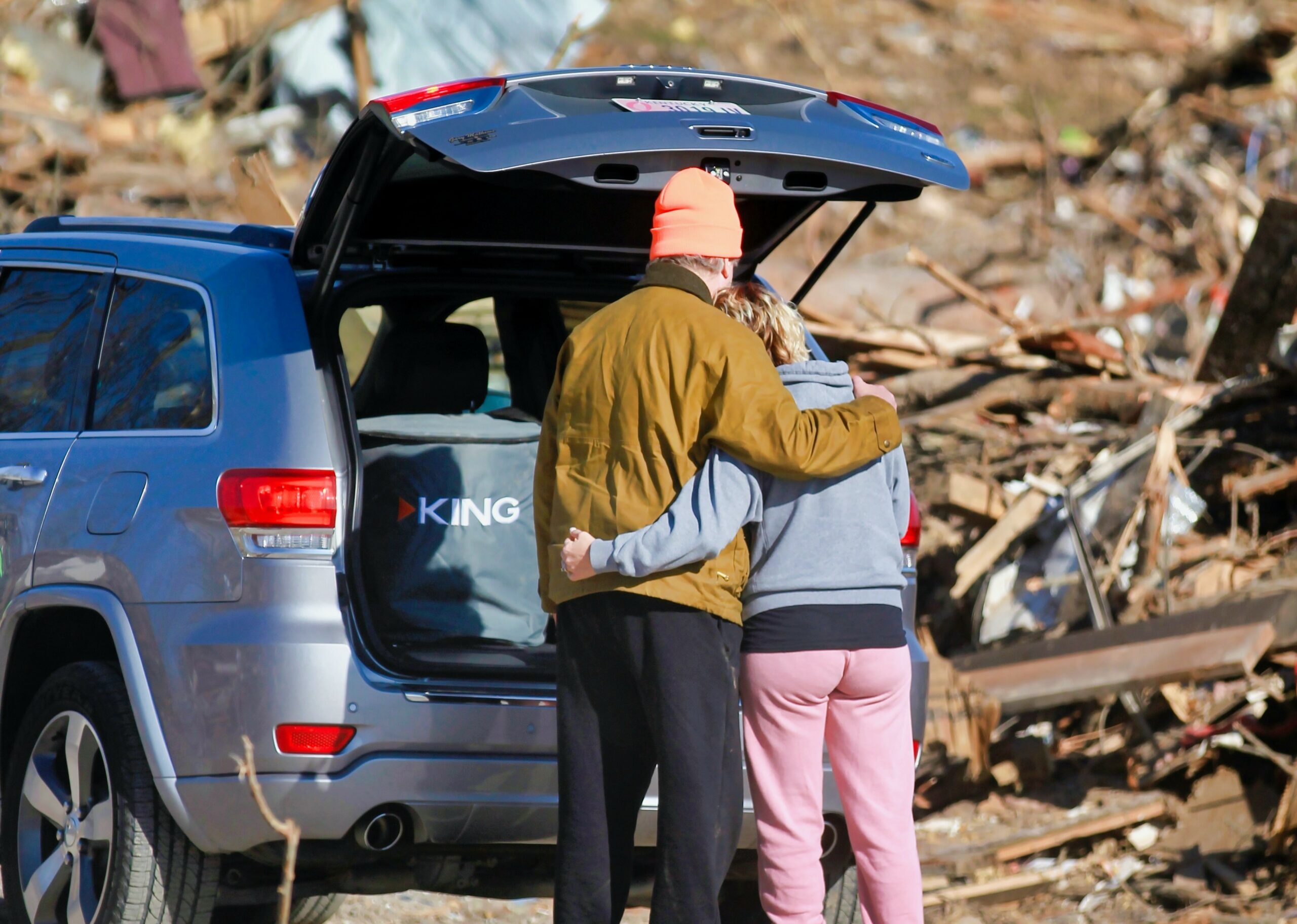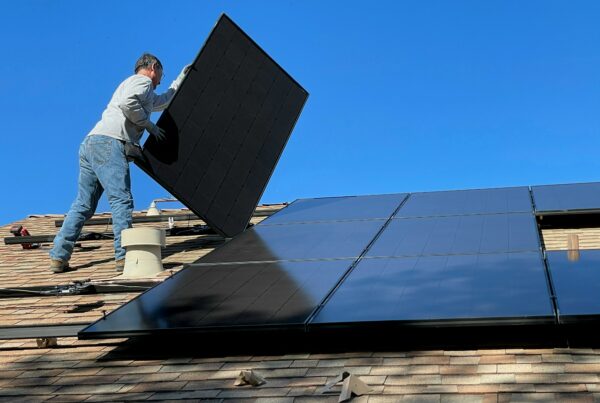Introduction
In a year that has already set records for the frequency and severity of billion-dollar weather and climate disasters, the importance of having the right insurance coverage cannot be overstated. As the climate continues to change and extreme weather events become more common, it’s crucial for individuals and businesses to ensure they have adequate insurance protection to safeguard their financial well-being in times of crisis.
The Growing Need for Comprehensive Insurance
The National Oceanic and Atmospheric Administration (NOAA) recently reported that the United States experienced 23 billion-dollar weather and climate disasters in 2023, breaking the previous record of 22 set in 2020. These disasters included hurricanes, wildfires, floods, and severe storms, resulting in significant monetary losses and 253 fatalities. The financial toll of these events has been staggering, and it serves as a stark reminder of the unpredictable nature of natural disasters.
As the number and cost of weather-related disasters continue to rise, it’s more critical than ever for individuals and businesses to have the right insurance coverage in place. Here’s why:
- Financial Protection: Insurance acts as a safety net when disaster strikes. It covers the costs of property damage, loss of income, and the expenses associated with recovery. Without proper insurance, individuals and businesses risk severe financial strain and potential bankruptcy.
- Peace of Mind: Having comprehensive insurance coverage provides peace of mind during uncertain times. It allows you to focus on recovery and rebuilding, knowing that your insurance will help offset the financial burden.
- Business Continuity: For businesses, the right insurance coverage can mean the difference between survival and closure after a disaster. It ensures that operations can continue, employees can be paid, and customers can be served even in the face of adversity.
- Meeting Legal Obligations: In some cases, insurance is a legal requirement. Failing to carry the necessary insurance, such as liability coverage for businesses, can result in legal consequences and financial penalties.
- Adapting to Climate Change: With climate change contributing to the increased frequency and intensity of weather-related disasters, insurance becomes a vital tool for adapting to these changing conditions. It encourages individuals and businesses to invest in more resilient infrastructure and disaster preparedness.
Choosing the Right Coverage
Selecting the right insurance coverage is not a one-size-fits-all decision. It requires careful consideration of individual or business needs and potential risks. Here are some key insurance types to consider:
- Homeowners or Renters Insurance: This protects individuals and families from the financial burden of property damage, theft, or liability claims related to their residence.
- Commercial Property Insurance: For businesses, this coverage is essential to protect against damage or loss of physical assets, including buildings, inventory, and equipment.
- Business Interruption Insurance: This coverage helps businesses recover lost income and continue operations after a disaster disrupts their normal business activities.
- Flood Insurance: Standard homeowners and commercial property insurance policies often exclude flood damage. It’s crucial to consider adding flood insurance, especially if you live in a flood-prone area.
- Liability Insurance: This type of coverage is vital for individuals and businesses to protect against legal claims or lawsuits resulting from accidents or injuries on their property.
- Disaster-Specific Insurance: In regions prone to specific types of disasters, such as earthquakes or hurricanes, disaster-specific insurance policies may be necessary to fill coverage gaps.
Conclusion
In a world where the frequency and severity of billion-dollar disasters are setting records, being adequately prepared with the right insurance coverage is not an option but a necessity. The financial protection, peace of mind, and business continuity that insurance provides are invaluable when disaster strikes. As the climate continues to change, having the right insurance coverage is a proactive step toward safeguarding your future and ensuring you can weather the storms that lie ahead. Don’t wait until disaster strikes – review your insurance policies and ensure they are up to the task of protecting what matters most to you.





